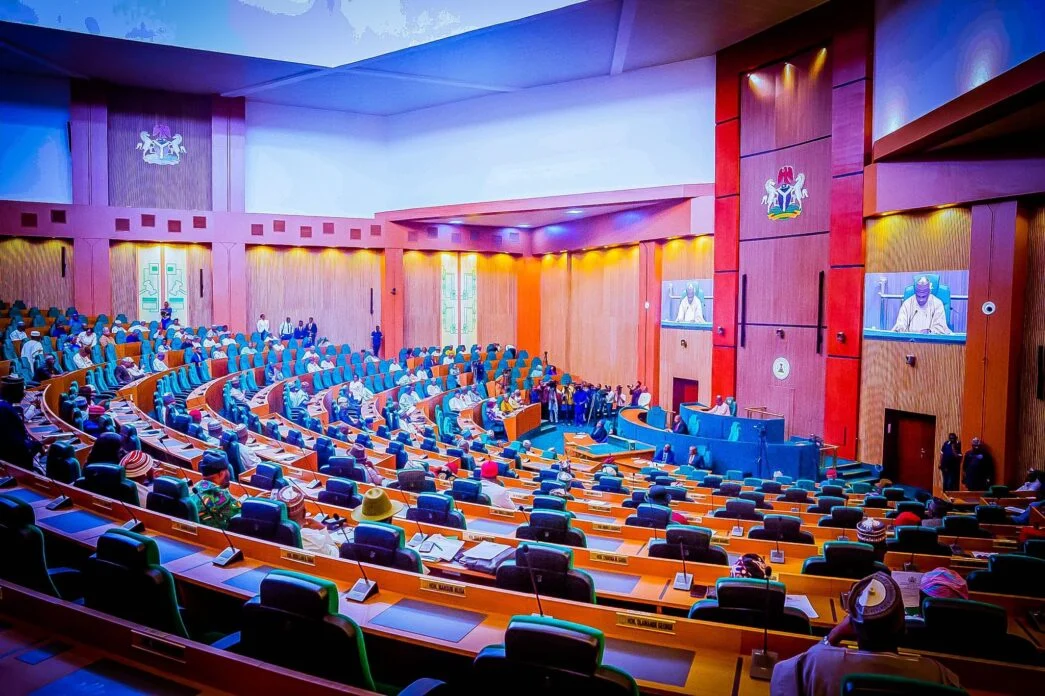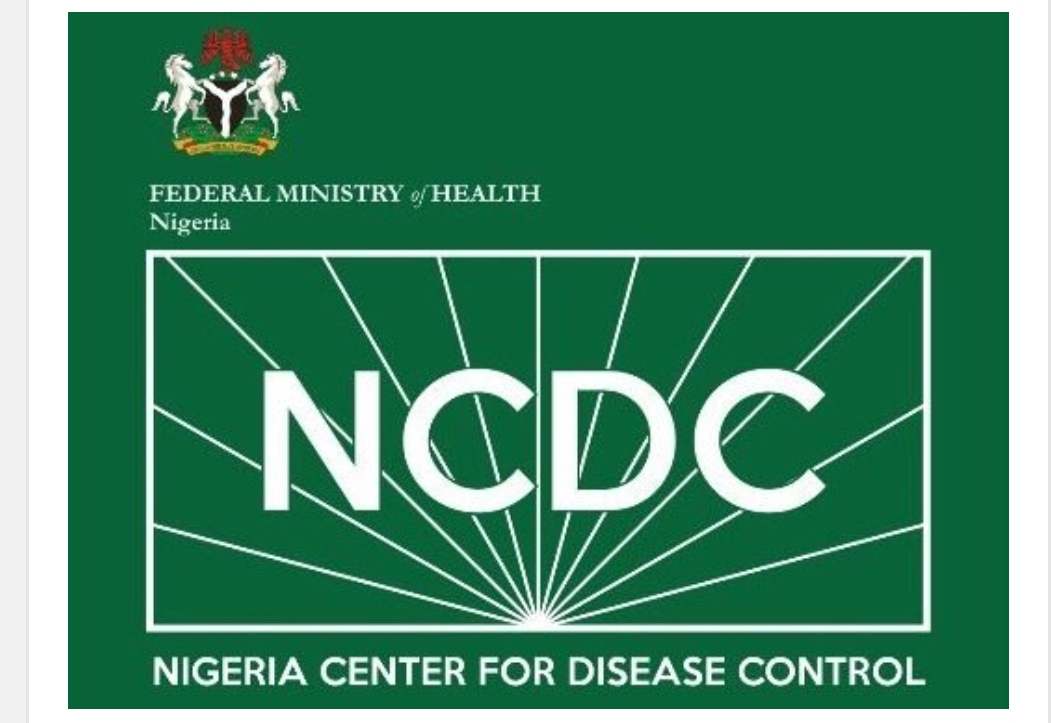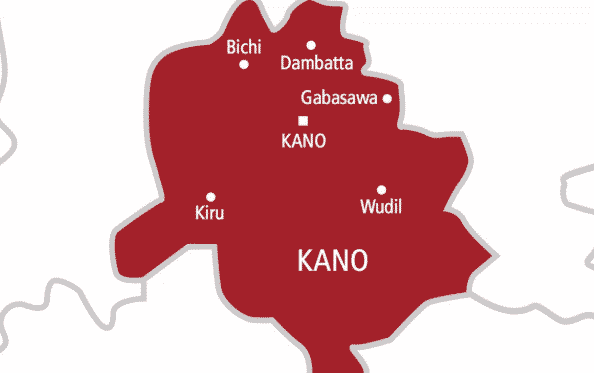Meningitis Outbreak in Nigeria: Casualties and Response
The Nigeria Centre for Disease Control and Prevention (NCDC) has reported a concerning increase in meningitis cases across Nigeria. As of March 26, 2025, a total of 807 suspected cases and 74 deaths have been recorded across 21 states and the Federal Capital Territory (FCT), resulting in a case fatality rate of 9.2 percent.
The most affected states include Kebbi, Katsina, and Sokoto, all located in north-west Nigeria. In response, the NCDC has deployed Rapid Response Teams (RRTs) to these states to manage the outbreak. The teams comprise experts in case management, surveillance, and risk communication. They will remain in the affected states for an initial period of 14 days, with a possible extension if needed.
Director General of NCDC, Jide Idris, emphasized that the RRTs are working closely with state health authorities to contain the outbreak and prevent further transmission. The teams include specialists trained in managing meningitis cases and performing lumbar puncture techniques for diagnosis. Their objectives include rapid containment, strengthened infection prevention and control (IPC) measures, improved case management, enhanced sample collection, and community engagement for awareness.
The affected states, in addition to Kebbi, Katsina, and Sokoto, include Jigawa, Yobe, Gombe, Adamawa, Borno, Ebonyi, Oyo, Bauchi, Ondo, Kaduna, Osun, Akwa Ibom, Anambra, Bayelsa, Benue, Ekiti, Niger, Plateau, and the FCT. The NCDC noted that sample collection rates in the hardest-hit states are relatively low, requiring urgent intervention to improve surveillance and diagnosis.
Meningitis is a serious medical condition characterized by the inflammation of the protective membranes covering the brain and spinal cord, known as meninges. This inflammation can be caused by bacterial, viral, fungal, or parasitic infections, as well as non-infectious causes like certain medications or autoimmune disorders. Bacterial meningitis is the most dangerous and requires immediate medical intervention, while viral meningitis is more common but usually less severe. Fungal and parasitic meningitis are rare and typically affect individuals with weakened immune systems.
Symptoms of meningitis include severe headache, stiff neck, fever, nausea, vomiting, sensitivity to light, and confusion. In severe cases, seizures and loss of consciousness may occur. Infants with meningitis may display signs such as irritability, difficulty feeding, and a bulging soft spot on the head.
The NCDC urges the public to remain vigilant, practice good hygiene, and seek immediate medical attention if symptoms of meningitis appear. Affected states are encouraged to strengthen their health systems and collaborate with federal authorities to curb the spread of the disease. Strict adherence to IPC protocols by all response teams is also emphasized to ensure their safety and minimize the risk of transmission.









